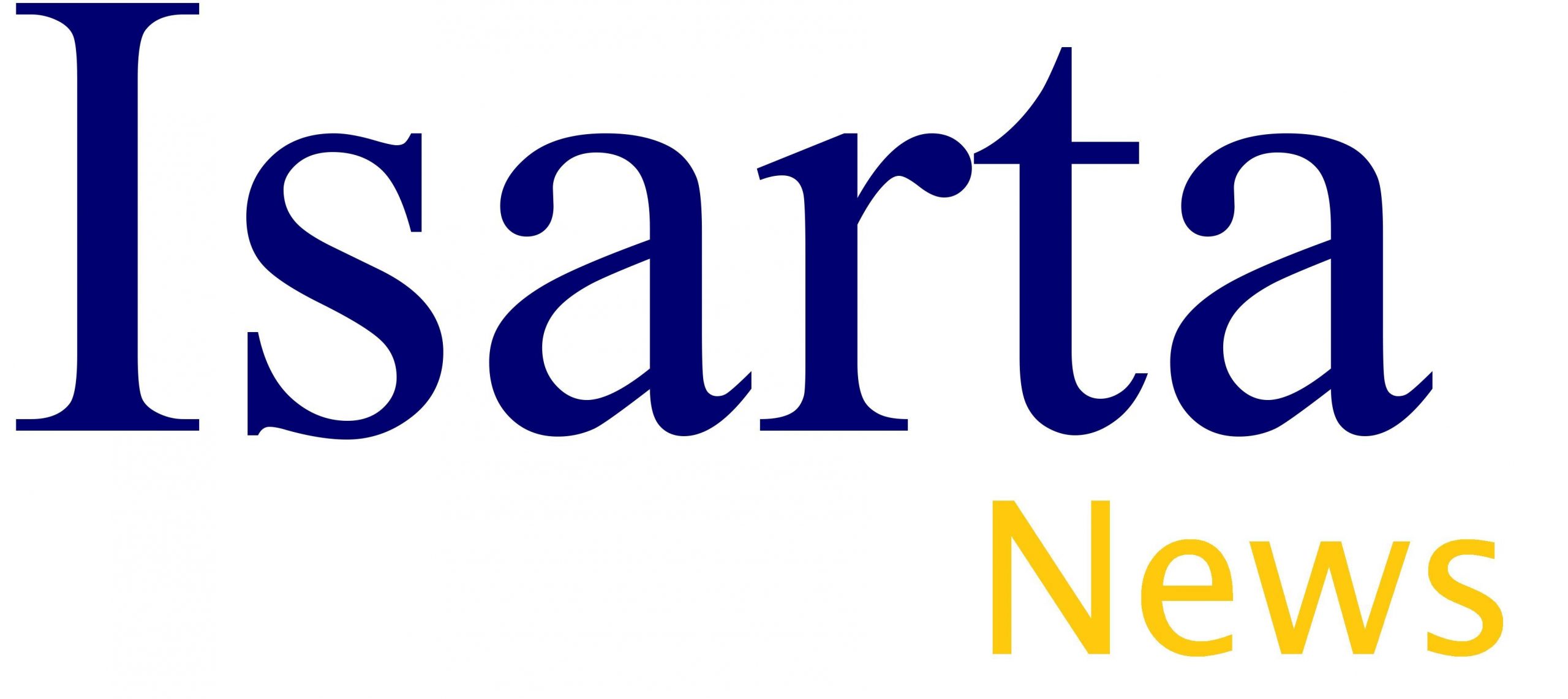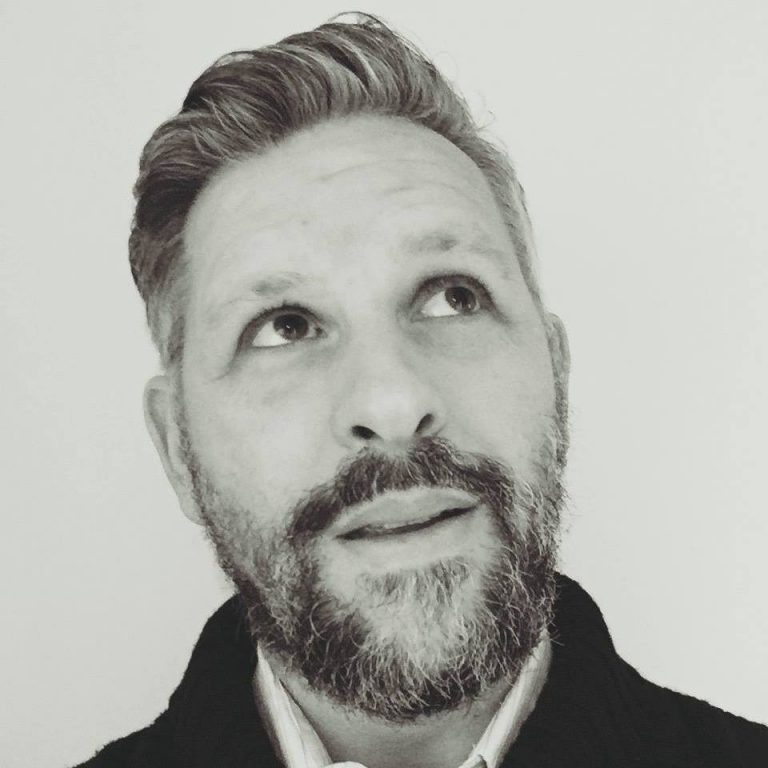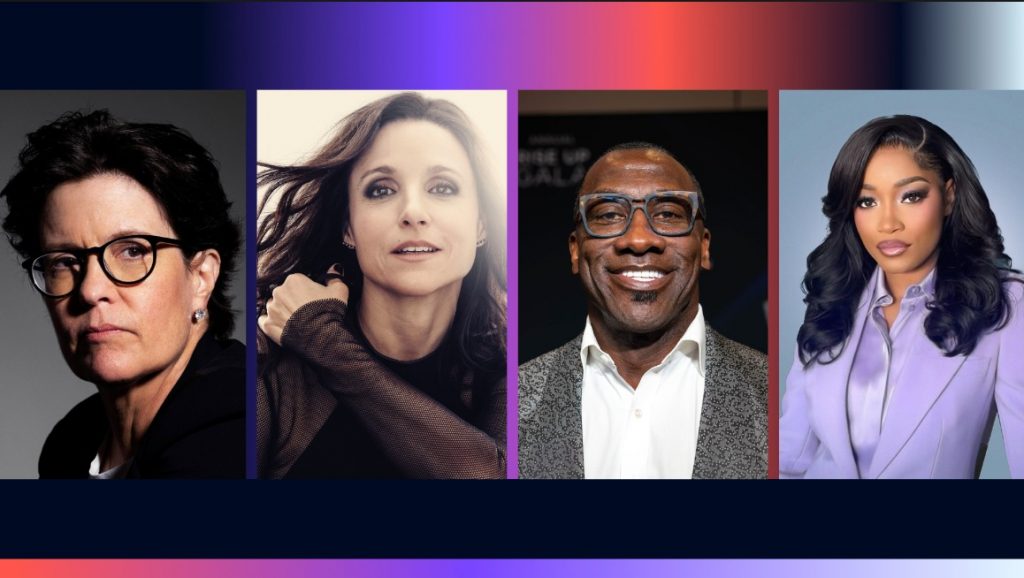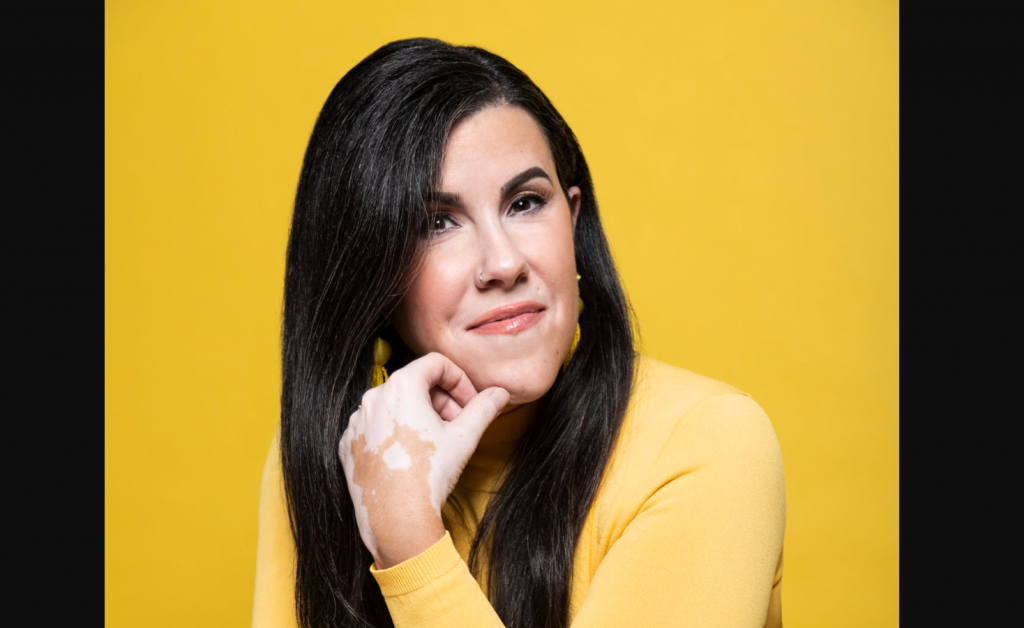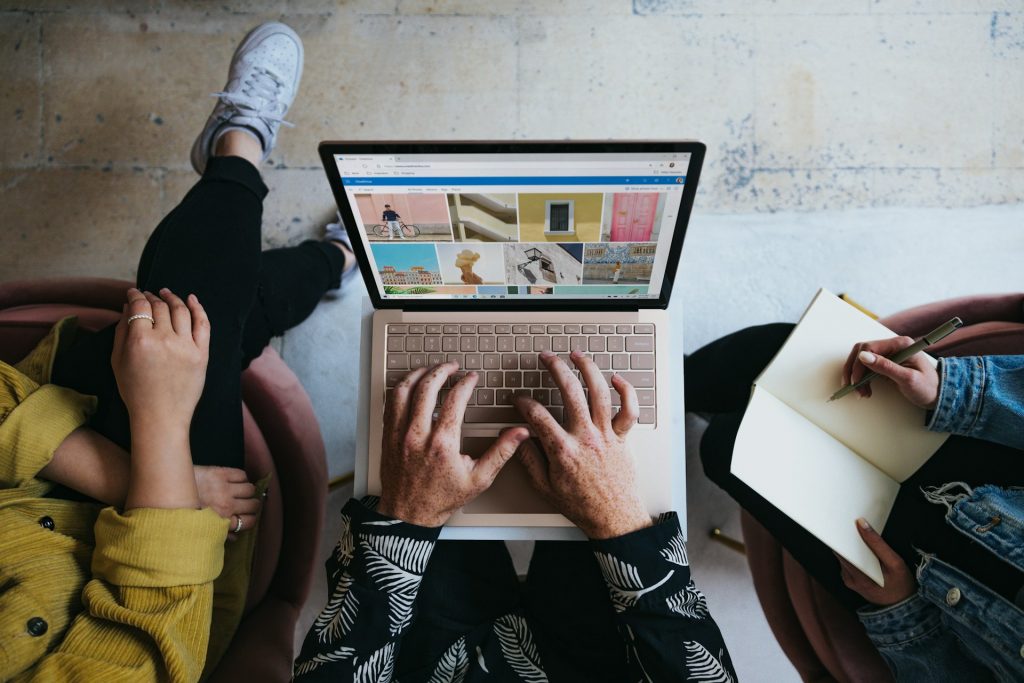Two years ago, we talked podcasting with Stéphane Berthomet, president of Go-script média. At the time, the audio producer told us that podcasting and video should remain two “separate” mediums, so as not to run the risk of degrading each other. We asked him if he maintained this position, at a time when Spotify allows the podcast-video combo with the notorious example of Joe Rogan. And of course, we broadened the conversation to the state of podcasting in 2023. Interview.
Isarta Infos: Is it still sacrilege, in your opinion, to combine podcast and video, as is common on YouTube, where people film themselves in interview or conversation mode?
Stéphane Berthomet: I understand that some podcasters film themselves while producing their podcast. They want to be known, to be seen, to be listened to, so they try to exist on as many platforms as possible…
For my part, I continue to defend the idea that these are two different mediums, each with its own particular techniques and requiring specific know-how and skills. Mixing podcasting and video, for me, is problematic. Especially for a medium like podcasting, which seeks to exist in its own right.
What exactly do you find problematic?
S. B.: When Spotify decides to follow YouTube’s example, by allowing video, we’re in a war for attention. Of course, adding a video makes it easier to capture the audience’s attention. We see the same phenomenon on TikTok, with this tendency to add a second video, showing a car overcoming obstacles, simply to keep users’ attention. We know where the war for attention leads. It lowers the quality of content, all the time, all the time, all the time…
Moving on to the podcast as a marketing tool. Is it still as relevant as ever for building brand awareness? What are the trends in this regard?
S. B.: In terms of branded content, it’s essential today for companies that make their own podcasts to publicize their content. A lot of brands do business with producers who create very good podcasts for them, but they don’t invest enough in marketing, visibility and discoverability.
In France, I’ve had discussions with brand advertisers who invest up to 30-40% of a podcast’s budget in advertising. Otherwise, they have a hard time getting their content discovered.
As an advertising vehicle, podcasts seem to be gaining ground, with programmatically inserted ads and host reading. If a brand wants to promote itself in the audio world, what are the most interesting podcasts?
S. B.: Entertainment podcasts reach a very wide audience: anything to do with mood, true crime, political discussions or lifestyle. However, the pool of podcasts that can carry a brand’s message is much wider than that.
There are small brands that might be interested in a podcast that has a reach of 2,000 or 3,000 listens a month, deals with exactly the same subject and is in the same niche as them. For example, a company that roasts coffee might advertise on a podcast aimed at coffee aficionados. A company that makes eco-responsible products can join forces with a program on the theme of the environment. The important thing for a brand is that the audience shares a common interest and values.
On Linkedin, it now seems that every coach, solopreneur or consultant has his or her own podcast. How do you see this trend?
S. B.: When you’re a solopreneur, you try to be present on most platforms, including audio. So it’s only natural that they should try to exist on that side. Personally, I think it’s a good thing. And I’m taking part in it in my own way, having created a personal podcast called the Podcastologue, where I talk about the podcast industry.
What function does this podcast have for you? Is it to attract new customers or expand your network of collaborators?
S. B.: For me, it’s all about sharing. The podcast community is a really cool and open community. As a member of this community, I feel a responsibility to share my experience and keep an eye on new trends. I test tools and guide people in their production.
I also get a lot out of it – people contact me, big companies ask me to take part in my podcast, to talk about their initiatives in the audio world. It raises my profile abroad, particularly in France in the podcast world. It gives me invitations to trade shows on the subject. So it’s a really important visibility tool for a solopreneur. But it takes a lot of work!
